Kratos is back, baby. After too long out of the public spotlight, God of War is a stunning return to form for a franchise that seemed to stumble with 2014’s, God of War: Ascension. With a rebooted setting, richer systems than ever before, and an emotional depth the series has long dreamt of achieving, God of War is the PlayStation’s latest “must own” title.
After the bloody rampage that culminated the prior trilogy, the opening moments of this year’s God of War introduce us to a different, more subdued Kratos. A character that was perhaps the best embodiment of rage we’ve seen in video games, Kratos has had time to simmer and cool, once again stepping into the role of husband and father. Sony Santa Monica has done an astounding job of adding emotional depth to Kratos, often through the cipher of his son, Atreus.
What’s particularly striking about the experience is how well done the storytelling is. The studio has embraced the adage of “show don’t tell,” often relying on actions – like the reaching and withdrawing of a hand, the scowl of a man struggling to make the right choices as a father in a world that cares little for sentiment. The world building and environmental storytelling are also far better than ever before, leading you off the beaten path to discover little nuggets of story, lore, treasure.
 God of War abandons the scripted level structure of the prior games, instead opting for a pseudo-open world. It’s still a guided experience with a well-defined and delivered main campaign, but from the outset you’re shown things you can’t yet access, given kill labors, and shown the rewards of exploration with collectables and hidden chests. As you explore, you’ll meet new characters offering side quests for experience and money. For all of those tangible, progression creeping rewards, I found myself drawn more by the opportunities to dig deeper into a fascinating new setting for the God of War franchise.
God of War abandons the scripted level structure of the prior games, instead opting for a pseudo-open world. It’s still a guided experience with a well-defined and delivered main campaign, but from the outset you’re shown things you can’t yet access, given kill labors, and shown the rewards of exploration with collectables and hidden chests. As you explore, you’ll meet new characters offering side quests for experience and money. For all of those tangible, progression creeping rewards, I found myself drawn more by the opportunities to dig deeper into a fascinating new setting for the God of War franchise.
By the end of God of War 3, Kratos had slaughtered his way through the Greek pantheon and we now find him escaped to the land of Midgard, the legendary setting of Norse mythology. Shifting into the Nordic is an excellent move for the franchise, replacing the well-trod ground of the Greek with the frozen wilds of the Norse. This lends the entire game a unique but no less grandiose aesthetic, once more lending the franchise a characteristic identity at a time when the video game industry seems intent on retreading the same old ground. The family drama within the pantheon is no less diverse than the Greek, too, filling the game with interesting, often enthralling key characters.
It is, in fact, here that the game makes its ties to the rest of the franchise. Kratos has left his old life behind and once again taken on the mantles of fatherhood and husbandom. Sony is particularly sensitive about story spoilers, and it would be a shame to reveal too much anyway, but the revelation of Kratos’ identity is at the heart of the story. This isn’t a reimagining of Kratos, it’s a continuation.
 In developing the game, Sony Santa Monica held nothing sacred and core systems have been completely revised. The most pivotal change comes in the now free camera, which hovers behind Kratos’ right shoulder instead of resting in a locked position to swing wildly in large battles. This fundamentally changes the game, drawing you much closer to the carnage, as well as to other modern action games.
In developing the game, Sony Santa Monica held nothing sacred and core systems have been completely revised. The most pivotal change comes in the now free camera, which hovers behind Kratos’ right shoulder instead of resting in a locked position to swing wildly in large battles. This fundamentally changes the game, drawing you much closer to the carnage, as well as to other modern action games.
It feels great and works well until enemies strafe behind you and are completely hidden from sight. Indicator arrows now appear around Kratos’ feet, showing the direction of enemies and if they’re about to strike or land a projectile. To compensate for this, you can perform a quick 180-degree turn. Enemies also seem slower to attack when out of sight and engage in “turns,” so you’re not overwhelmed with repeated attacks. The new system takes some getting used to, and the quick 180 is a nice if imperfect addition, but quickly becomes second nature.
Combat in the game has also undergone a significant revision. Kratos no longer wields the Blades of Chaos, insteading taking on Leviathan, a shorter range but still devastating war axe. The axe has a bit in common with Mjolnir in that it will fly back to Kratos’ hand with the push of the button, hitting enemies along the way. Before long, natural combos emerge as you hack away with light and heavy attacks, launch your axe at a ranged enemy, pummel away with your fists and collapsible shield, all before calling the axe back to slice away on its return journey.
It’s still the same brand of intense hack and slash fans have come to love from past games, but this year’s God of War is distinctly more strategic. Enemies have health bars and levels now, forcing your to prioritize your attacks. Your axe also has a freeze effect, which can be used to immobilize an enemy. It’s not exactly unforgiving but going in with a flurry of careless attacks is a great way to find yourself overwhelmed.
 Atreus also has a hand to play, shooting arrows at targets you select. There’s a strategy to this, because he can draw attention, for good or ill. As Kratos tells him early on, “you are not ready,” and enemies will often overwhelm him or pick him up bodily. More than once, you’ll be forced to rush to his aid in the heat of battle. As the relationship develops, however, I found myself wanting to go and rescue him.
Atreus also has a hand to play, shooting arrows at targets you select. There’s a strategy to this, because he can draw attention, for good or ill. As Kratos tells him early on, “you are not ready,” and enemies will often overwhelm him or pick him up bodily. More than once, you’ll be forced to rush to his aid in the heat of battle. As the relationship develops, however, I found myself wanting to go and rescue him.
Progression has never been as important to the series, though it’s here that the game stumbles a bit. In the past, you would earn experience points that would fill up a meter to unlock new weapon abilities. In this year’s God of War, a similar system returns but in the form of skill trees, a bit like Middle Earth: Shadow of War. As you earn experience points, you’ll be able to select new skills catering to your playstyle. It works well and exactly as you would expect from such a familiar system.
Unlike you would expect, however, experience points don’t actually level up your character. Here, the game has something in common with Destiny’s light levels, as your character level is tied directly to the power of the gear you’re using, as well as the enchantments and talismans. This means that gathering money and locating chests is extremely important to purchase new gear. It’s entirely possible to reach the ending of the game while still being under-leveled to experience all it has to offer.
Likewise, some of the upgrade elements just don’t feel as meaningful as others. Weapons and skills can each be enhanced through experience points and runes. Often, these upgrades result in changes to abilities, enhancing your style of play. Some, however, feel less meaningful, like stepping stones to get to a skill you actually want.
Yet, the overall added depth is very welcome. There is simply more to do, more to work for, and more to return for, even after the game has completed and the inevitable DLC drops. The game is deeper, richer, and better than ever before.
 Final Thoughts
Final Thoughts
In recreating the God of War experience, Sony Santa Monica has taken elements from different genres, as well as the series’ cannon, to breathe new life into the series. It wears its inspirations on its sleeve but presents itself as the best God of War we’ve ever experienced. Kratos is no longer the cardboard cutout of rage we used to know. Instead, through the window of Atreus, we see a God who is also a man, a man learning what it means to be human once more.
God of War isn’t a perfect game, but it’s exactly the kind of reinvention the series needed. This game is a must own. If you own a PlayStation 4 and are even remotely interested, you owe it to yourself to pick it up.

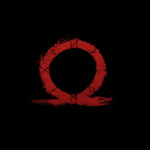
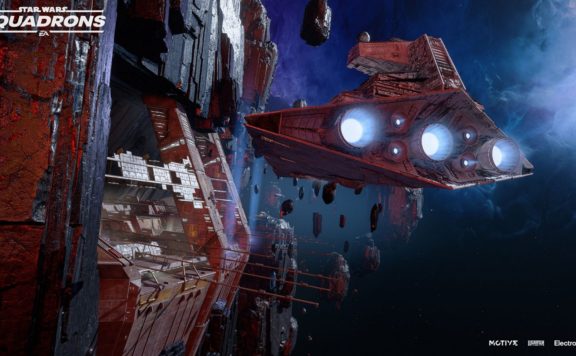
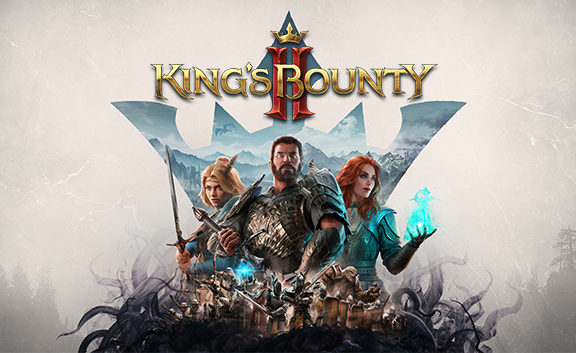
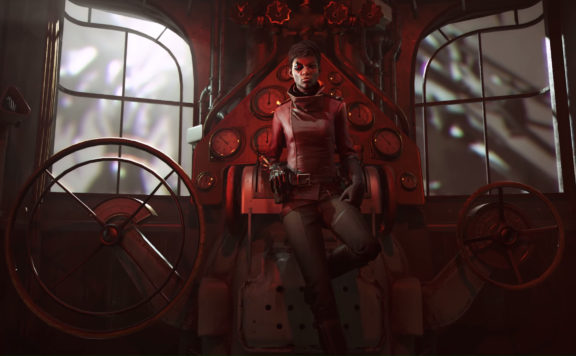

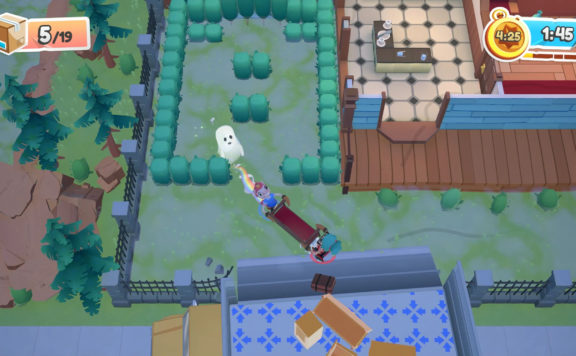
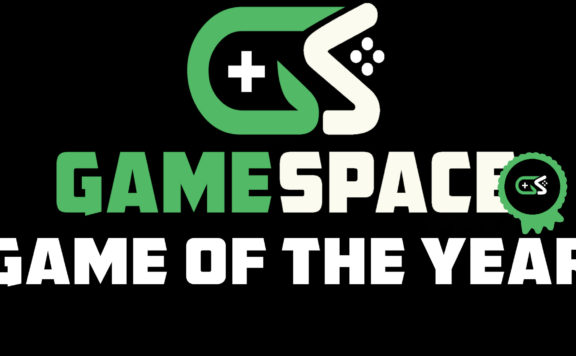
Gutterra
Well written review. Allthough, I find the criticism regarding how you can finish the campaign while being under leveled strange. I mean, wouldnt you be obliged to search for chests, in order to level up, if you play on the hardest difficulty?